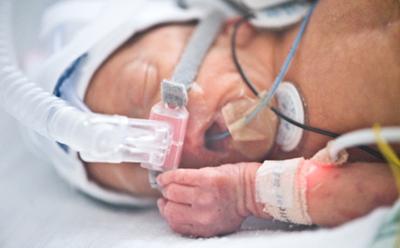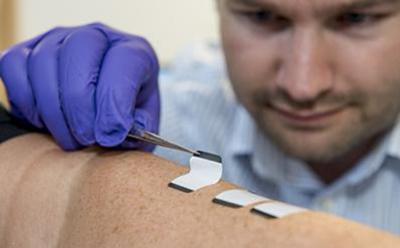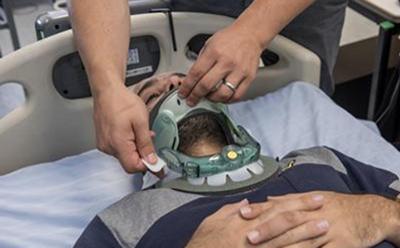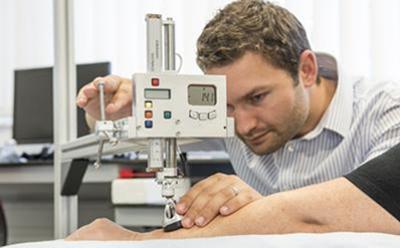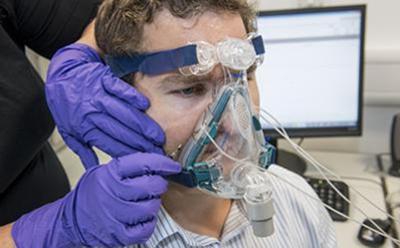Context
Skin damage, in the form of chronic wounds, is a major global healthcare challenge. The wounds cause pain and reduced quality of life for the individual, and contribute to an estimated annual UK wound care cost of £5 billion. They can occur in many situations, ranging from prolonged periods supported in a bed or a chair, to patients in critical care environments where functional medical devices are attached to the skin.
The interdisciplinary Skin Health Group at the University of Southampton has addressed these challenges via both optimising safety in device design and developing intelligent sensing to promote patient self-management. The group includes Dan Bader, Professor of Bioengineering and Tissue Health, Lisette Schoonhoven, Professor of Nursing Science, Peter Worsley, Associate Professor, Luidi Jiang, Professor of Materials and Electromechanical Systems, and Alex Dickinson, Associate Professor of Bioengineering.
Healthcare impact: Optimising device performance
One example of its collaborative research project with industry, , as published in 2016, recommended a modification to the range of internal air pressures in afluid immersion mattress system (Medstrom’s Dolphin Therapy mattress system). The device, which is sold internationally was subsequently demonstrated to be successful in pressure ulcer prevention (98% with no skin damage), in the most high-risk group of patients.
Healthcare impact: Intelligent pressure monitoring
Since 2017, the group has collaborated with Cornwall Partnership NHS Foundation Trust on the PROMISE (Pressure Reduction through Continuous Monitoring in the Community Setting) initiative. The project deployed intelligent pressure monitoring sensors in mattresses and chairs to empower patients and carers with an improved understanding of pressure ulcer risk. The sensors enabled clinicians to monitor patients remotely over prolonged periods for the first time. In its first three years, 88 patients have used the system in their homes and 66 per cent of patients with chronic pressure ulcers have healed or were healing following monitoring.
Healthcare impact: Shaping clinical guidelines
Through its expertise, the group has taken a leading role in developing international guidelines published by the National Pressure Injury Advisory Panel, the European Pressure UIcer Advisory Panel and the Pan Pacific Pressure Injury Alliance. The Prevention and Treatment of Pressure Ulcers/Injuries: Clinical Practice Guideline represents the leading international consensus to standardise and improve pressure ulcer prevention. Full text guidelines of the latest version (2019) have been downloaded over 6,500 times by healthcare providers around the world.
Economic impact: Clinical evidence for commercial products
The research group have worked with a range of UK and international companies to optimise the design of support surfaces. For example, Medstrom’s (UK) Aerospacer range were directly influenced by the Skin Health Group’s research. Since being marketed in May 2015, they are used across six NHS hospital sites. The research team also have an established partnership with Hillrom (USA), where intelligent optimisation of alternating pressure modes were developed through a series of published studies. By the end of 2020, device features informed by research had been incorporated into 20,000 mattress products sold worldwide.
Research, in collaboration with engineering colleagues, has spun out a company, Radii Devices. It uses novel software and cutting-edge engineering to support prosthetic socket fitting for amputees. Radii Devices attracted £120,000 of external investment via a University Dragons’ Den event and a further £200,000 from a respiratory mask manufacturer to support custom face masks.
Policy impact: Changing NHS policy
The group worked with NHS Improvement to include device-related skin damage in its reporting policy in England, where for the first time, it has been documented by clinicians. This is now routine reporting practice in more than 200 care facilities. This collaboration has also created educational videos for clinicians to support best practice for medical device selection and application, as part of the NHS Stop the Pressure campaign in 2020.
